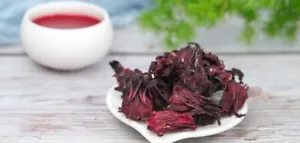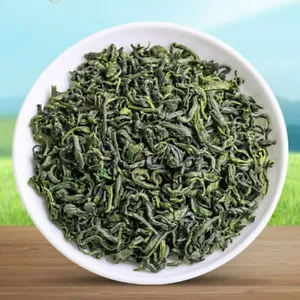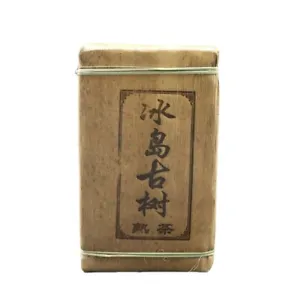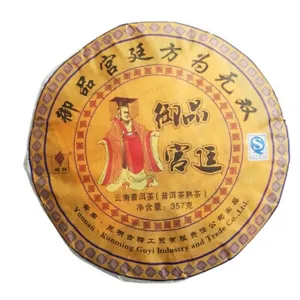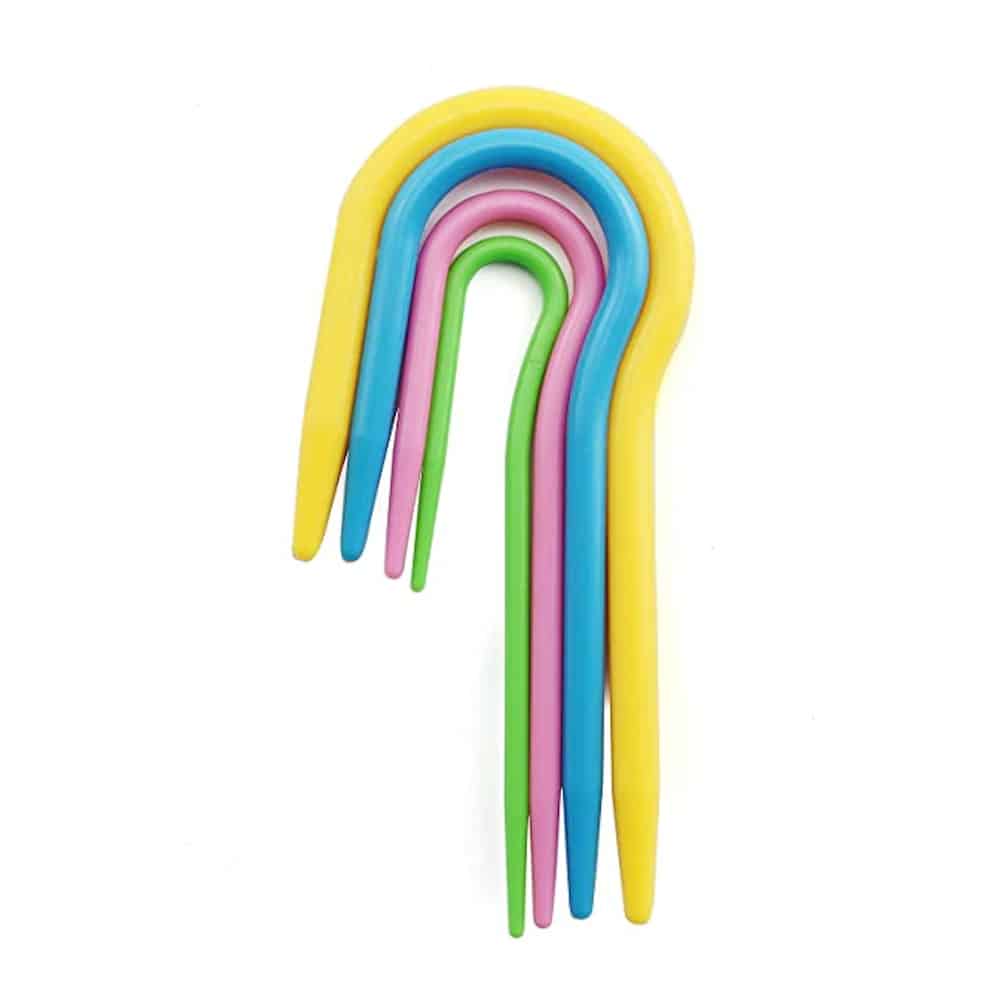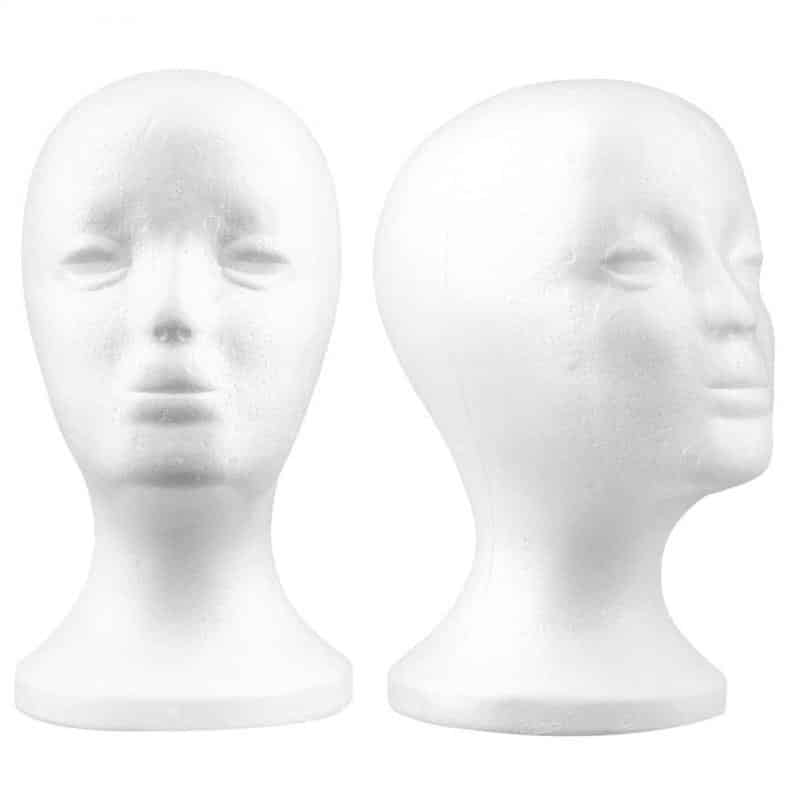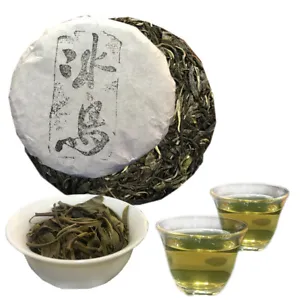




ID: 769567
SKU: abcdbfb2b7b9
Category: Tea
Tags: 30days
Premium Yunnan Pu-erh Bing Dao Sheng Green Tea Pu'erh Tea Cake (100g)
About this item:
– Premium quality green tea in the form of a cake – Features a unique, earthy flavor and aroma – Traditionally used for its health benefits, including aiding digestion – Made with handpicked tea leaves – Durable and long-lasting storage
₹6234
On preorder
Delivered in 30-60 days
On Pre-Order
Guaranteed Secure
- Guaranteed delivery
- Fast shipping
- PAN India shipping
- 100% Secure payment
- Regular orders dispatch in 48 Hours
- Pre-orders dispatch in 30-45 days
- Returns accepted
- Fast refund process
- 24/7 customer support
